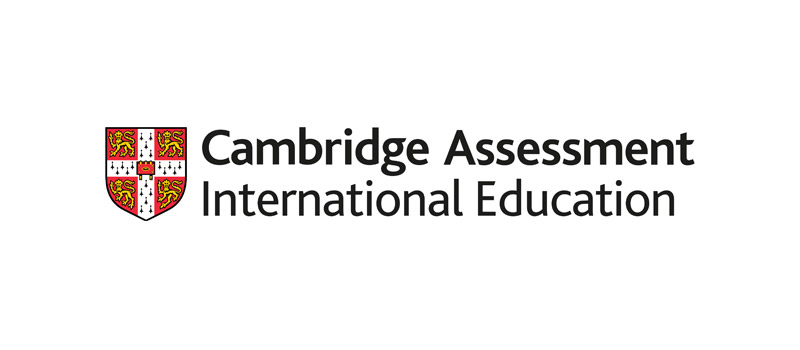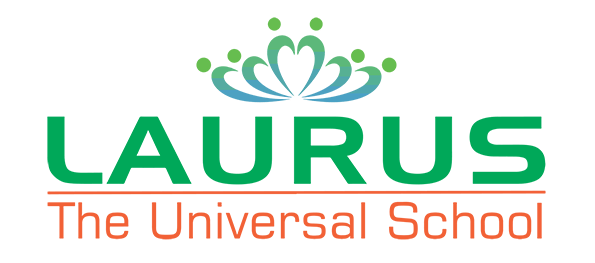- April 18, 2021
- Posted by: admin
- Category: Blog
1. International Baccalaureate board (IB)
The International Baccalaureate (IB) program is an international foundation for education that has its headquarters in Geneva, Switzerland. It aims to provide students worldwide with a standardized education model designed to incorporate a wide variety of subjects and activities to enable their students to become inquisitive, knowledgeable and caring citizens.

Along with the traditional subjects of Mathematics, Science, Social Studies and Languages, IB schools also emphasize in their curriculum, the importance of creative and vocational subjects like Music, Computer Science, Business Administration and many others. Moreover, IB schools allow a lot of flexibility in the choice of subjects and students can decide what subjects interest them in each group and just sign up for them. This kind of flexibility allows students the freedom to try and find the right mix of courses that allows them to be most productive.

2. Central Board of Secondary Education

The Central Board of Secondary Education (CBSE) was formed in 1962 with the aim of providing students in the country with a high level of quality education designed for securing a good higher education for students within Indian universities. CBSE board syllabus is the one that is followed by a large number of entrance exams for the most prestigious engineering and medical institutes in India.
It is the national curriculum of choice for most Indian students. It provides robust and holistic education for students that aligns with the objective of the National Curriculum Framework (NCF) of India. What makes it a popular choice is its:
- Focus on holistic development of the child
- Focus on stress-free learning
- Emphasis on skill-based education
- Inclusion of local issues, history and culture along with global ones
- Close alignment with National Curriculum Framework
The Curriculum is the foundation for competitive exams in India such as the IIT-JEE, NEET, UPSC etc

CBSE Curriculum Features
- The syllabus is structured and controlled, making use of standardised textbooks.
- Allows Hindi and English as medium of instruction
- Many colleges in India include the syllabus in their Entrance Exams.
- Board exams for the CBSE are mandatory in 10th & 12th grades.
- The CBSE is generally favoured by those who relocate often and seek a standardised curriculum for their children.
- It is a popular choice for students looking to study traditional Engineering or medicine.
- The Secondary Curriculum of the CBSE focuses on seven major learning areas, which can vary between schools.
- CBSE Subjects include Humanities, Geography, History, Economics, Home Science, Sociology, Fine Arts, Political Science, Fashion Studies, Creative Writing, Mathematics and Health and Physical Education.
- The curriculum also includes Science & Technology, Visual & Performing Arts subjects and Commerce subjects, including Biology, Physics, Chemistry, Drama, Business Studies and Economics.
3. IGCSE – ( International General Certificate of Secondary Education) – Syllabus

Developed by Cambridge International Examination (CIE) in 1988, IGCSE is a very popular English language curriculum. Over 10,000 schools in 160 countries are teaching the IGCSE syllabus. It is the most popular international qualification for 14 to 16-year olds offering them more than 70 subjects. The focus of the IGCSE curriculum is to offer a wide range of options to learners with different types of abilities, including students whose first language is not English.

IGCSE Curriculum Focus Areas
The IGCSE approach to teaching is to introduce the students to a variety of subjects and encourage them to make connections between them. IGCSE focuses on developing the student’s understanding, skill, and knowledge in the following areas:
- Subject content
- The application of knowledge and understanding to new as well as unfamiliar situations
- Intellectual enquiry
- The flexibility and responsiveness to change
- Working and communicating in English
- Influencing outcomes
- Cultural awareness
Conclusion:-
IB, IGCSE CBSE courses are designed to cater to different needs and requirements and it is up to the students and their parents to decide what type of schooling suits their needs. If Parents plan to send their children abroad for university and want them to have a global education and expenses are not an issue then IB/ IGCSE schools provide an excellent choice. However, if the parents travel a lot in due to their profession, or want their kids to study in the top universities in India itself then CBSE school is the right choice.
